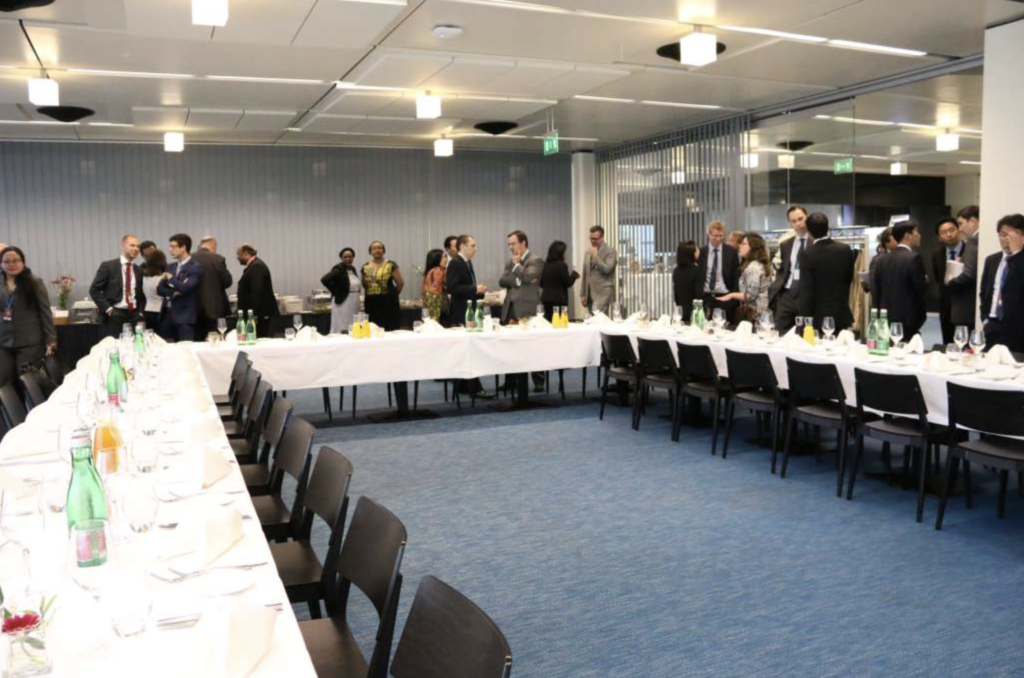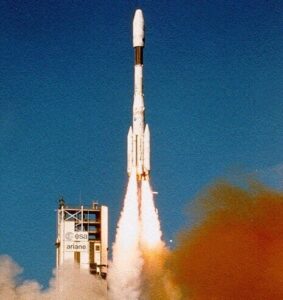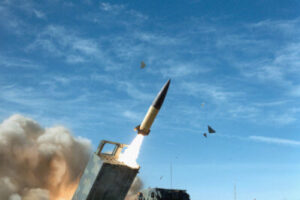Vienna outreach side event on HCoC
2 June 2016
On 2 June 2016, the FRS organised, on behalf of the European Union, an outreach event in support of both the HCoC and ballistic missile non-proliferation. This meeting took place at the Vienna International Centre in the margins of the HCoC annual meeting of subscribing states.

AGENDA
WELCOMING REMARKS
- Dr. Yves BOYER, Deputy Director, Foundation for Strategic Research
- H.E. Didier LENOIR, Permanent Representative of the European Union to the International Organisations in Vienna
PRESENTATIONS
- H.E. Mark BAILEY, Permanent Representative of Canada to the International Organisations in Vienna; Outgoing HCoC Chair
- The role of HCoC and activities carried out during the Canadian Presidency
- H.E. Kairat SARYBAY, Permanent Representative of Kazakhstan to the International Organisations in Vienna; Incoming HCoC Chair
- Perspectives for HCoC and aims for the Presidency of Kazakhstan
KEYNOTE SPEECH
- Michael ELLEMAN, Consulting Senior Fellow, IISS
- Current threats and trends in ballistic missile proliferation


